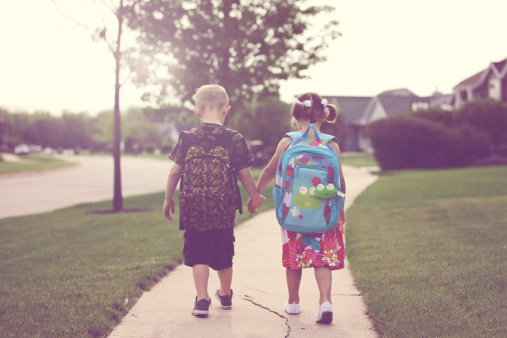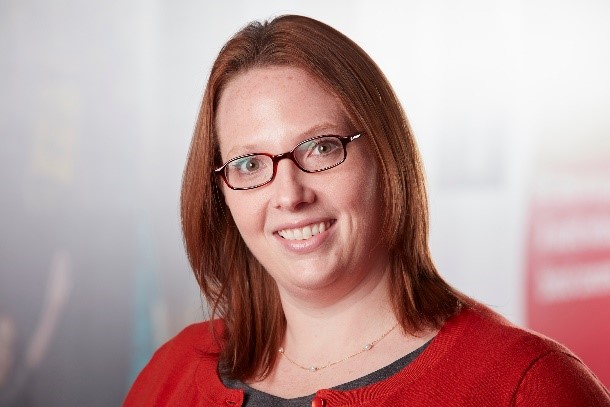
More than 6,000 school-age children are affected by leukemia and lymphoma each year. These blood cancers account for about 40 percent of all childhood cancers. Fortunately, because of new and better therapies, blood cancer survival rates for children have improved significantly during the last several decades, allowing many of them to return to the classroom after undergoing treatment. But that experience of going back to school can be filled with fear and anxiety for both the children and their families.
Most children with cancer will attend school at least some of the time during and after their treatment. Because school is a place for learning and fun, children benefit from returning as soon as medically possible. Yet, returning to school after cancer treatment can be a tough adjustment for young survivors.

We spoke with Meredith Barnhart, LCSW, Director, The Leukemia & Lymphoma Society Information Resource Center, who has extensive experience as a clinical social worker, working with children and families impacted by cancer. Here’s what she had to say…
Every family living with childhood cancer is thrown into upheaval. The good news, however, is that most childhood patients can expect to have full and productive lives. Many childhood cancer survivors return to school, attend college, enter the workforce, marry and become parents. Nevertheless, being vigilant about follow-up care, being aware of long-term and late effects of treatment, helping your child return to school and even dealing with your emotions are all things you'll need to manage.
What will other kids think? Am I behind on my work? Did I miss any fun activities? Do I look different? These are just some of the many questions cancer patients have when the time comes for them to return back to school and their regular routine. For some, they can return at the beginning of the school year when fellow classmates have been away as well, but for cancer patients, this transition can be even more difficult when they return in the middle of the school year and have missed academic and social activities.
How LLS can help
LLS offers several resources that can help ease your child back to school after an absence including informative publications, DVDs, videos and programs that help explain to classmates and teachers how kids with cancer feel, why they may look different, what type of treatment they've undergone and special needs they may have on their return. All materials are available through LLS's chapters, including:
The Trish Greene Back to School Program For Children With Cancer
The Trish Greene Back to School Program offers free information and materials to parents and educators from the local chapters of LLS. The program was developed to encourage communication among parents, young patients, healthcare professionals and school personnel to assure children a smooth transition from active treatment to back to school.
Staying Connected: Facilitating the Learning Experience During and After Cancer Treatment
This educational program walks school personnel and parents through the emotional, physical, cognitive and late effects of cancer treatment that children may face, and introduces numerous resources that can help childhood cancer survivors flourish in the educational environment post-treatment. Contact your LLS chapter for more information.
The Leukemia & Lymphoma Society’s Free Booklets and Videos
LLS provides free educational booklets and videos designed to help guide your child’s return to school after a cancer diagnosis.
Learn more about childhood cancer here.
For more information about how you can help your child transition back to school contact our Information Specialists at (800) 955-4572, our visit our website here.
